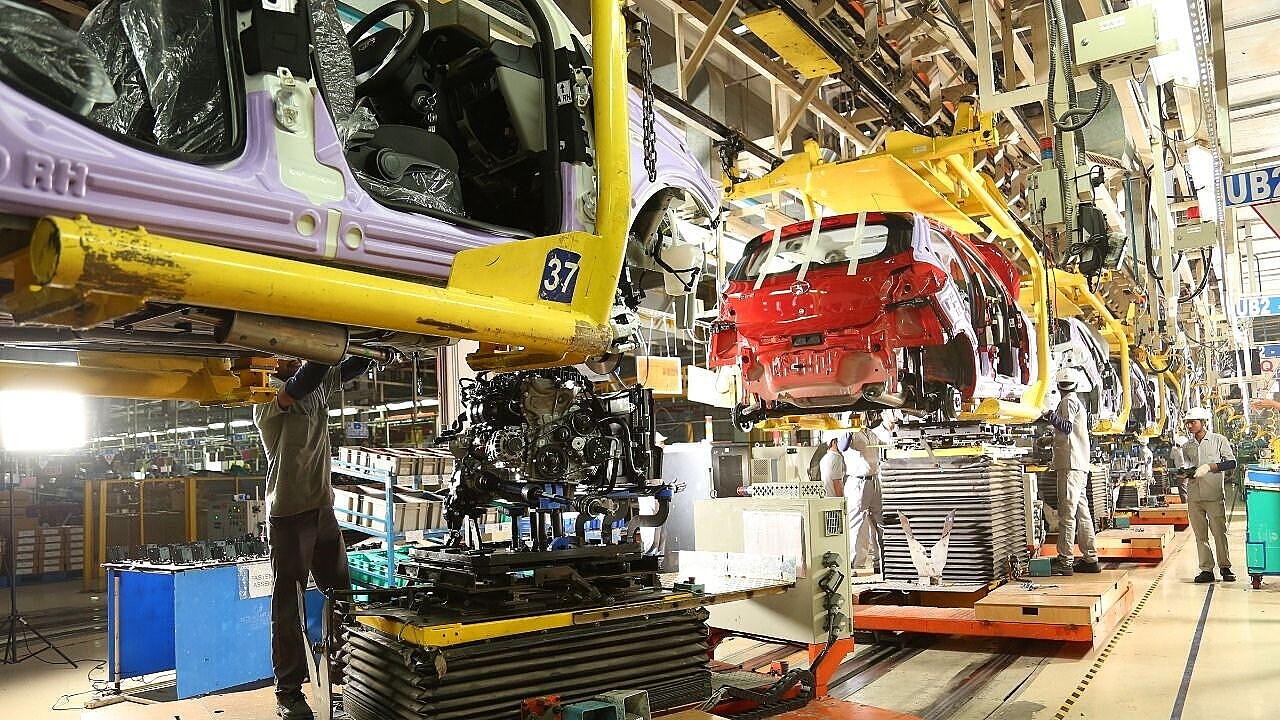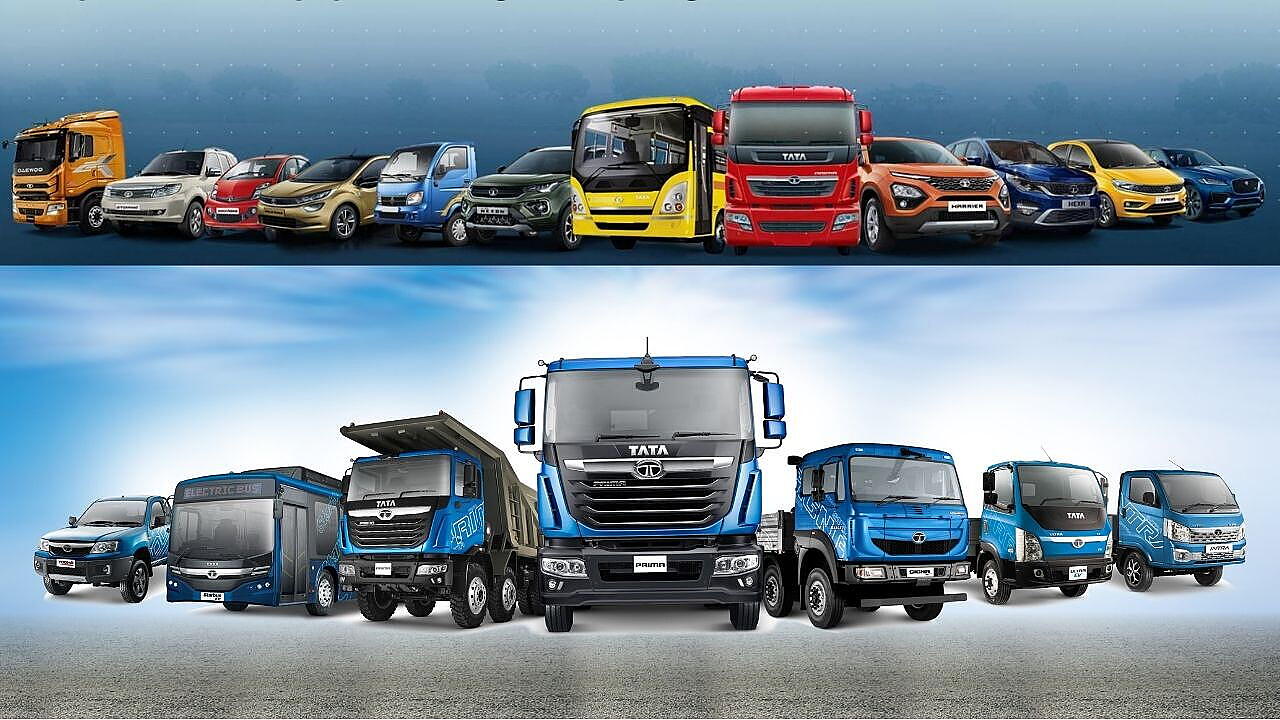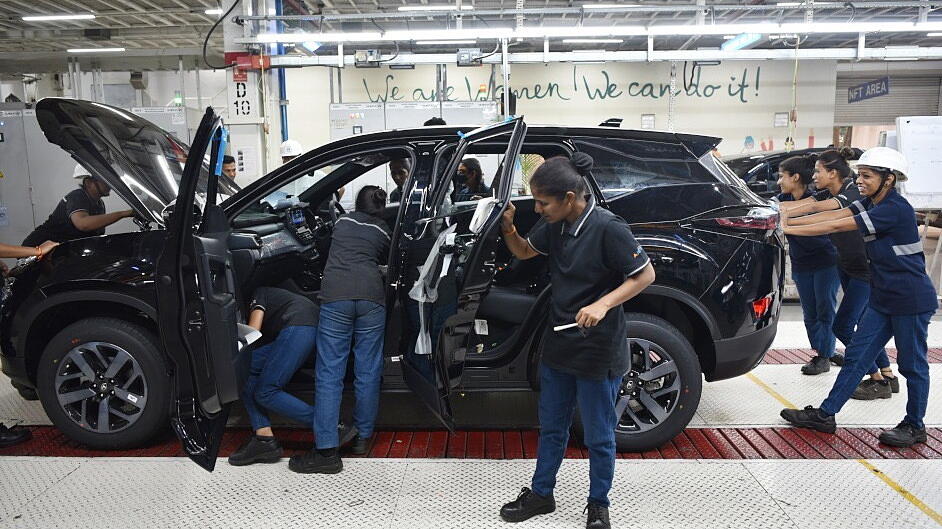
Tata Motors will focus on including software, machine learning and artificial intelligence courses as part of an initiative on ‘empowering the workforce through upskilling.’
“We are working on a strategy which is in the pipeline. We have a plan to impart exposure on software, machine learning and AI to candidates interested in pursuing M Tech courses,” said Sitaram Kandi, Vice President - Human Resources, PV & EV Business, at a virtual roundtable on October 5.
Campus hiring will also involve roping in people in these areas. He added that the upskilling programme strives at creating curiosity among the workforce at manufacturing facilities beyond enhancing their qualifications. It will also keep them abreast of the ever-changing technologies in vehicles and the way they are made.
Every model and variant of a car is better than the older ones and those involved in assembling need to be in sync with changing trends, added Kandi. The Tata group, in a sense, is also the driving force behind this initiative and the idea is to mould the workforce so that they can handle multiple roles. The programme offers technical and leadership competencies for junior, middle and senior management people with a dedicated roadmap in place.

Diverse Projects
This will include diverse projects to support the workforce starting from higher education, women's leadership, leadership development, professional skills and capabilities in new technologies. The ‘going the extra mile’ initiative encourages workers to focus on projects based on their interests for three to six months.
Managers also get to work with teams and the exercise helps with job rotation and taking on responsibilities in other departments. The previous year saw about 15% of the workforce moving from one function to another.
A traditional hirer of mechanical engineers, Tata Motors is shifting focus to electrical and electronics for which it has partnered with various universities and technical institutions. Kandi said the upskilling project runs on three levels: awareness, certification of practitioners and specialists.

For ITI technicians, the company organises diploma courses, especially in electric vehicles while bridge courses come in handy for the senior workforce. The ones who complete them can apply for open vacancies in the company. According to Kandi, there have been over 50 success stories in the last couple of years.
The programme also includes an apprenticeship course for people from remote locations who do not have employment opportunities. Aimed at addressing skills like mechatronics, IoT, robotics and AI, the company offers hands-on training to prepare students for careers in the automotive industry. Those with ITI/Class 12 backgrounds are imparted specific skills via a ‘learn & earn’ model.
On completion, apprentices can secure jobs across the auto industry and its enabling ecosystem. More than 13,000 students are now enrolled in the programme and over 88% of pass-outs are working with channel partners.
More Women
The percentage of registered women participants in FY24 has also more than quadrupled from FY22. “Many of them who haven’t even touched a car will be inducted in assembling it,” said Kandi. The company also operates a dedicated placement cell for securing jobs at suppliers and dealerships.

The upskilling drive, which began three years ago, has grown nearly five-fold with women accounting for about 22%. The placement cell has had the likes of Garve Tata, Rudra Motors, Kross, Vedant Motors and Sonico hiring people. Tata Motors has invested around INR 25 crore last year towards this programme.
Kandi disagreed with the view that newer technologies would reduce workforce requirements and reiterated that new jobs had actually been created in the process. When used properly, new technologies actually pave the way for more opportunities even though there could be some shift in scale.
This upskilling initiative has helped Tata Motors set for itself an ambitious goal of equipping over 50% of its workforce with new-age auto tech capabilities within five years. In FY23, over 340,000 hours were invested in specialised training and development across forms and formats.
The company has collaborated with ARAI, Bosch, Mathworks, SAE, Tata Technologies etc to offer its employees professional certification programmes in the area of connected, electric, shared and safe (CESS). This includes domain expert-level modules on advanced ADAS, battery technology, V2X connectivity, blockchain & cybersecurity and big data analytics. This ensures quality education and hands-on experience in emerging technologies.
Partnerships With Academia
Tata Motors has co-created customised courses along with local universities that offer B Tech, M Tech and an executive MBA. Some partnerships include those with BITS Pilani, MIT-ADT University Pune, Institute of Technology, Nirma University etc.
There is also a higher education programme designed for shopfloor technicians working across plants. This will allow them to pursue a diploma in engineering while focusing on auto electrical and electronics, mechatronics, and specialised welding skills. The company has curated functional e-learnings and virtual classrooms for all employees so that they can upskill at their own pace and convenience.
After buying out the Ford plant at Sanand, Tata Motors has teamed up with Gujarat's Ganpat University to upskill 100% of the existing workforce. Curated learning programmes have the latest manufacturing technologies as part of the content. Over 800 employees are part of these advanced courses which began in February 2023.
Plans are also on to hire women from early 2024 and as part of its #WomenAtWork initiative, the company’s trim, chassis and assembly line at its Pune plant is entirely operated and managed by women employees. Nearly 1,500 of them manage the manufacturing of the Safari and Harrier right from assembling to end-of-line testing and road tests. Structural adjustments have been made to support special needs of women who number over 4,500 on the shopfloor across all plants.
Also Read: